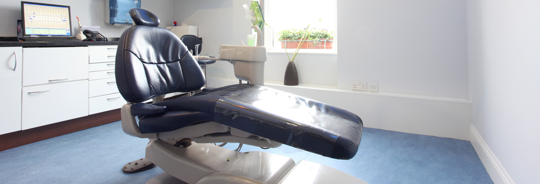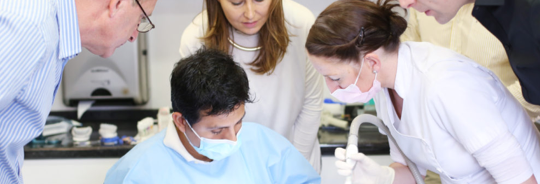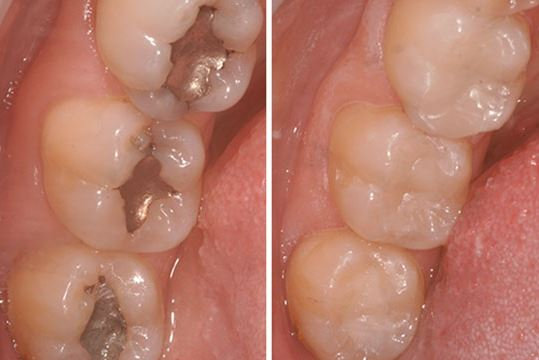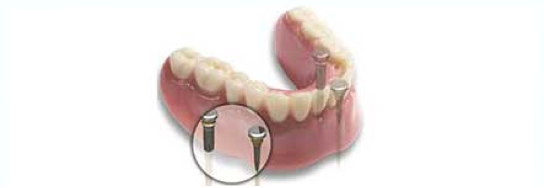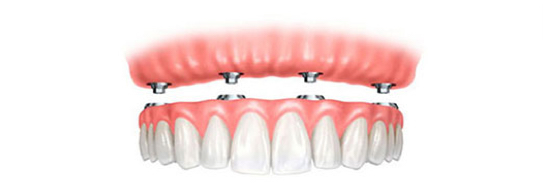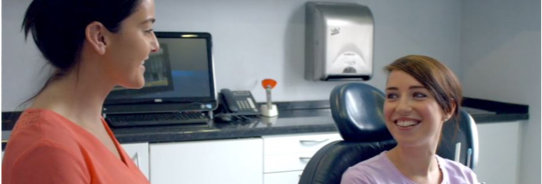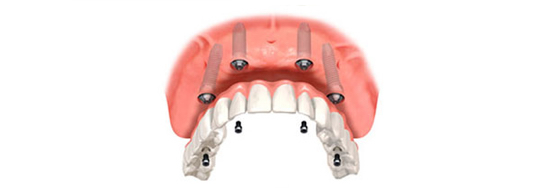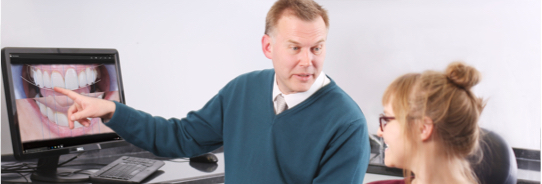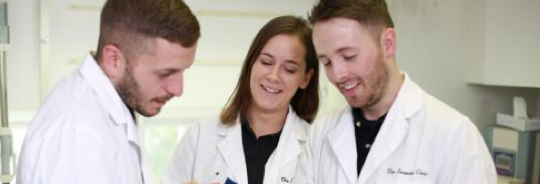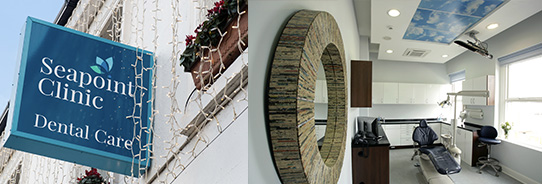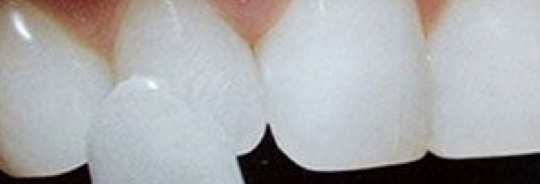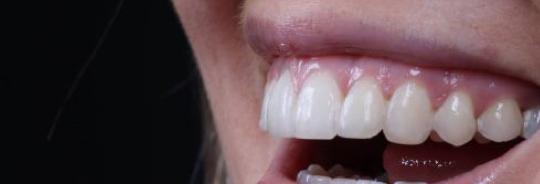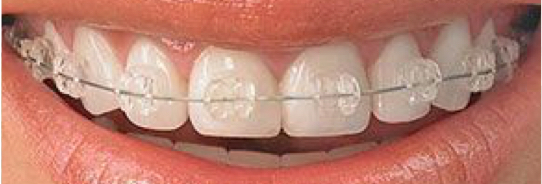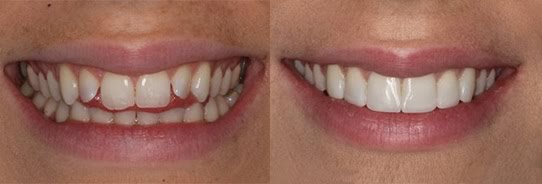

Blog
We post all the latest information here regularly so it's always up to date for you. If there is a topic you would like to have us cover please ask.
21 November 2017
Are Orthodontic Issues Hereditary?

Certain aspects of your smile do come from your parents, with researchers discovering that having parents with poor dental health could predispose you to the same issues.
But what about orthodontic issues? If you have crooked teeth, it's likely you have your parents to blame. For example, you may have inherited your mom's jaw, but with your dad's large teeth. But just what exactly is hereditary and what's not?
The size of your jaw and teeth are inherited from your parents, including spacing and overcrowding. Chances are, that if one of your parents had braces, you will too. However, what is unique to you is your oral health. Obviously, there are certain factors what will be influenced by your parents, but just because your parents suffer from tooth decay doesn't necessarily mean you will too, although the risk is still there. However, you and you alone are responsible for your oral care, which is why regular brushing and check-ups with your dentist and hygienist are so vital to ensure a healthy, bright smile.
I have only good things to say! That's my honest opinion of the whole process.
Somaries, Dublin
Of course there are other factors to consider other than inheriting your parents mouth structure. Lifestyle habits such as prolonged thumb sucking as a child can affect the position of the teeth as they grow, resulting overcrowding, overbites and gaps, resulting in the need for orthodontic treatment.
Obviously, you can't change your genes, so it's important to monitor your smile and mention any changes you may have noticed to your orthodontist. Crowded, crooked and misaligned teeth can impact your dental hygiene, so getting potential orthodntic issues addressed early is the best course of action to take to help protect your smile and prevent oral disease.
The Benefits of Orthodontic Treatment
- Good appearance, great smile and improved self esteem
- Straight teeth are easier to clean reducing the risk of decay and gum disease
- Reduced risk of accidental injury to protruding teeth
- Re-arranging teeth to improve the bite
- Elimination of stress on jaw joints and abnormal tooth wear
- Preparation of teeth for future restorative care.


